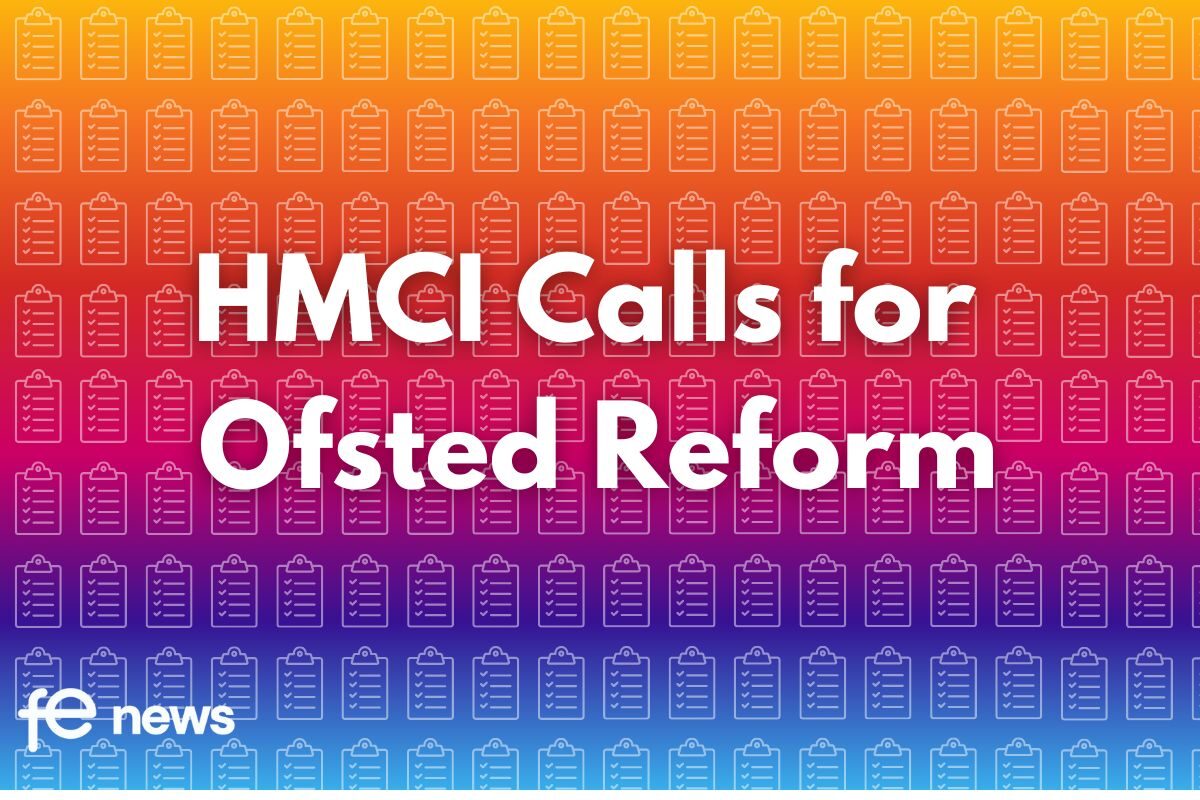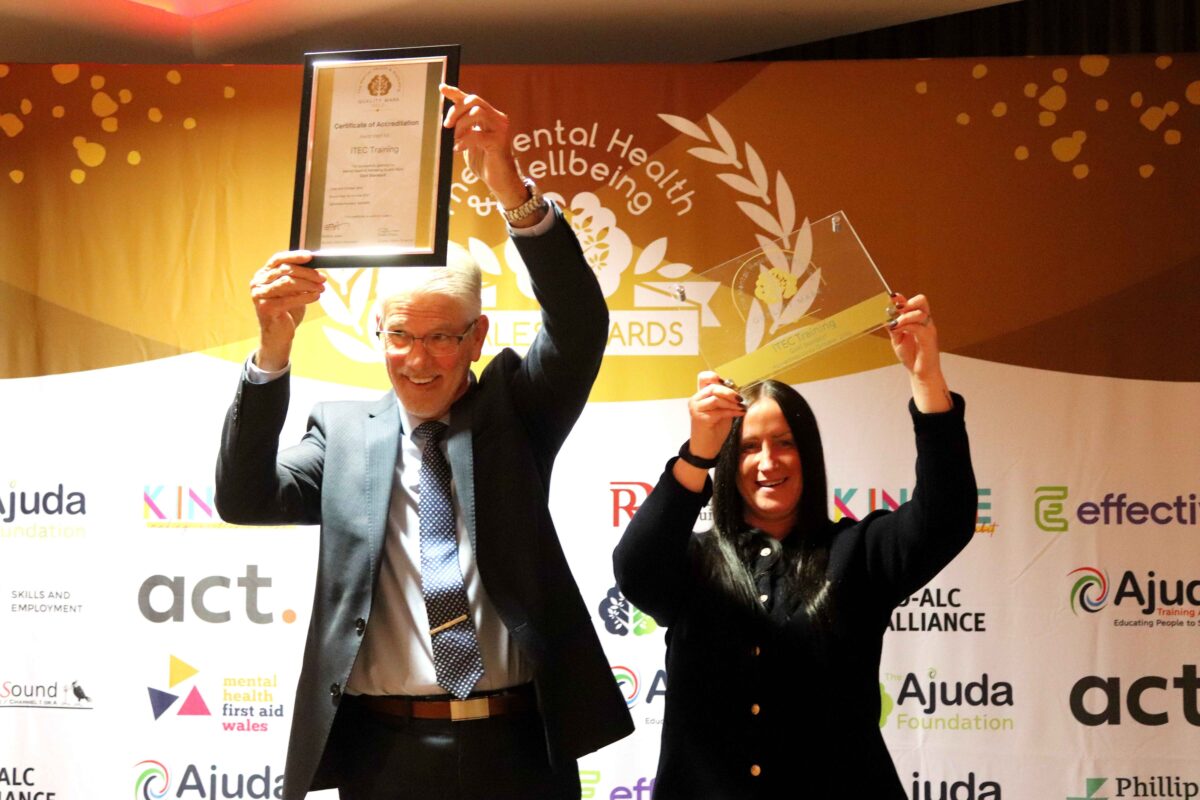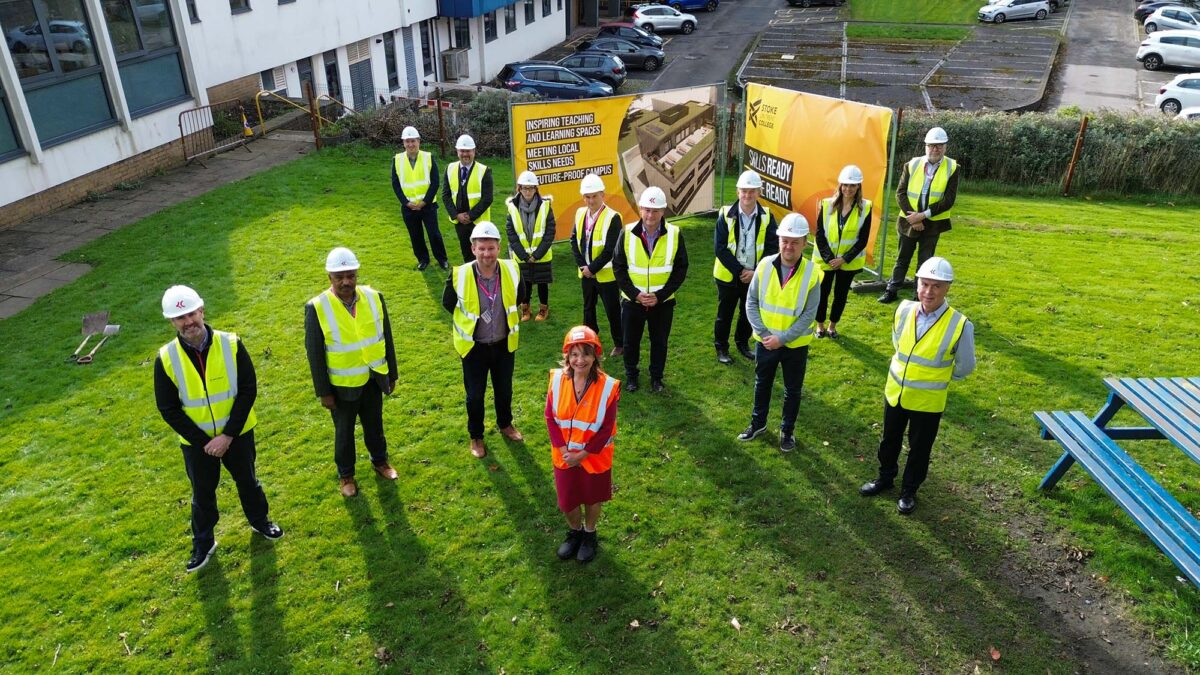HMCI Calls for Ofsted Reform: Sector Response

Ofsted Chief Inspector Amanda Spielman has called for an Ofsted reform. Read what she has said below:
In recent weeks there has been much debate about reform of school inspections. The media has carried stories from teachers about their past Ofsted experiences and calls for change from unions and others. I want to acknowledge the continuing debate and the strength of feeling, and I want to set out some of the things we’re doing and reflect on the suggestions of more radical reform.
The Secretary of State for Education has been clear that Ofsted inspection is a vital part of the school system. As she said, our independent assessments provide important assurance to parents, the wider community and to government that pupils are receiving a high-quality education and are being kept safe. Our current inspection process was introduced in 2019 after extensive consultation with the education sector, and we have had good feedback from the vast majority who have experienced a new-style inspection.
Looking for ways to improve
However, Ofsted is always looking out for ways it can improve. Just as every headteacher knows there are always things that can be done better in schools, so our inspectors – mostly former heads – know that about Ofsted. We regularly discuss changes with representative groups, unions, Ministers and others – I met the Secretary of State just this week to discuss our plans. Since the tragic news about Ruth Perry first broke these conversations have intensified, and I want to bring some of that out into the open.
We are making changes. One of the most critical areas we look at on inspection is safeguarding. Keeping children safe is so important that a school can be graded inadequate if safeguarding is poor – even if everything else in a school is done well. The Secretary of State said this week that safeguarding is vital. We won’t be soft on safeguarding, but it’s an area which isn’t always well-understood. It’s sometimes mis-characterised as an exercise in paperwork, but as everyone who works in schools knows, it’s much more than that. We need to see that schools understand and manage the risks of children coming to harm. We need to know that prompt action is taken when it happens.
However, we do recognise that some gaps in schools’ knowledge or practice are easier to put right than others. We are looking at how we can return more quickly to schools who have work to do on safeguarding but are otherwise performing well. That should enable us to see fast improvements and reflect them in our judgements.
It’s also important that when school leaders disagree with our judgements there is a robust system of review. We are currently piloting changes to our complaints process which I hope will make it more responsive – so that issues can be addressed during the inspection rather than considered afterwards, which creates delay and frustration. I also want to ensure that when a complaint is made about our work, people feel that they have had a fair and thorough hearing.
Supporting school leaders during inspections
We want to emphasise some of the things that can be done to support school leaders during inspections. We recognise that there is some uncertainty about who can sit-in on meetings between inspectors and school staff, to provide that support. So we want all heads and teachers to know they can have a colleague from the school or trust join discussions with inspectors if they wish. Also, while we strongly recommend provisional inspection outcomes aren’t shared with parents before the report is finalised, headteachers and responsible bodies can share that information with others in confidence. We’ve asked headteacher unions and school trust representatives to help us share this information with their members.
Now that we can routinely inspect all schools graded outstanding after government lifted the exemption, many are facing inspection having not been through one for some time. To help heads in those schools, we are arranging seminars to talk them through the process, and for those yet to be inspected we will provide additional clarity about the broad timing of their next visit. This builds on many briefings we have given about inspection over the past few years, attended by thousands of teachers and leaders. We really want to de-mystify the process and do what we can to reduce the pressure that we know headteachers feel about inspection.
Debate around grading
However, I also want to be honest about some of the more far-reaching suggestions that have been put forward. Four weeks ago I described the debate around grading as a legitimate one. I certainly recognise that distilling all that a school is and does into a single word makes some in the sector uncomfortable, particularly when there are consequences of the grade awarded.
But as I’ve said previously, the overall grade currently plays an integral part in the wider school system. Ofsted inspects, showcases good practice and, where necessary, diagnoses if there are significant issues at a school. That’s where the role we have been given stops. School improvement is the role of schools themselves, and school trusts, facilitated and supported by government. It can take many forms, and government uses Ofsted’s overall grade to determine how best to support improvement. We also know that many parents find the grading system useful, whether that’s in choosing a school or to understand the one their child attends. So any new approach would need to meet the needs of the whole system.
I would like there to be as much attention paid to the full report and the 4 sub-judgements as the overall judgement. Taken together, the sub-judgements present a rounded picture:
- How good is the education at this school?
- What’s behaviour like?
- How well does the school support children’s personal development?
- How well is it led and managed?
These are the questions parents want answers to.
I’m grateful for the thoughtful contributions I’ve had from many people within the education world. We are not deaf to the calls for change, or insensitive to the needs of schools and their staff; we will continue to listen carefully to the experiences and views of those we inspect. I’m sure the changes described here do not go far or fast enough for some, but I’ve also tried to explain the complexities and boundaries within which we do our important work.
Education is the greatest gift any society can give its children – and teachers deserve our gratitude for the invaluable job they do. Inspection doesn’t exist to do teachers down, far from it, it exists to help children get the education they deserve and to celebrate great practice, of which there is plenty. The part we play is small in comparison to those who work in our schools – but it’s in children’s interests that we work constructively together. In that spirit, we will continue to explore ways to make our work as effective and collaborative as it can be.
Sector Response
Education Secretary Gillian Keegan said:
“Nothing is more important than keeping children safe. I am clear that we will not water down crucial safeguarding standards that underpin Ofsted’s role.
“I have always said I will listen to the views of teachers. Following a positive meeting with His Majesty’s Chief Inspector, Ofsted will intensify its work to reassure leaders and teachers, including making sure they feel safeguarding is considered proportionally in overall school judgements.
“Parents rightly want to know how their child’s school is doing and I fully support our approach to providing a clear one-word rating to inform their decisions. Ofsted has been central to our success in driving up school standards, with 88% of our schools now rated good or outstanding – up from 68% when this Government came into office.”
Geoff Barton, General Secretary of the Association of School and College Leaders, said:
“It is important that Ofsted shows it is listening in the wake of the tragic death of headteacher Ruth Perry, and we welcome this olive branch from the Chief Inspector, and some tentative moves to improve the inspection of safeguarding, Ofsted’s complaints process, and to clarify the support on which school leaders can draw during inspections.
“However, the reality is that Ofsted has completely lost the trust of leaders and teachers, and it will take a great deal more than this to gain their confidence and ensure that the inspection system works in a way that is effective rather than being punitive and counterproductive. We recognise that this is not just a matter for the Chief Inspector but for the Education Secretary too as meaningful reform involves some significant changes.
“Despite the Chief Inspector’s insistence that the grading system plays an integral part in the school system, the truth is that it is the grading system that is the single biggest problem.
“It reduces everything that a school does to a blunt single-word description, and when this is below good, it is deeply stigmatising and damaging to the school concerned. It ends careers and makes school improvement harder to secure. In what mad world can anyone seriously think this is a good thing?
“Ruth Perry’s death has shone a light on a problem which has been going on for years and the time for real reform is long overdue.”
Paul Whiteman, general secretary of school leaders’ union NAHT, said:
“It would appear that Ofsted is now beginning to respond to some of the issues that we have been raising following recent tragic events. It should never have taken something like this to bring about such a response, but the change in tone is helpful.
“A more proportionate approach to safeguarding issues and greater clarity that school leaders can share provisional outcomes are helpful developments. However, on their own, these will not go far enough to address either the concerns school leaders have or the strength of feeling amongst the profession.
“What we need to see is a firm commitment to work with us to agree a set of meaningful actions that will relieve some of the pressures that inspection currently places on school leaders. There are a number of quite simple things we could do right now that would signal a step in the right direction.
“In the longer-term we want to see a more fundamental review of how inspection works. It is becoming very clear that overarching judgements have had their day and a fundamentally different approach is required.”











Responses